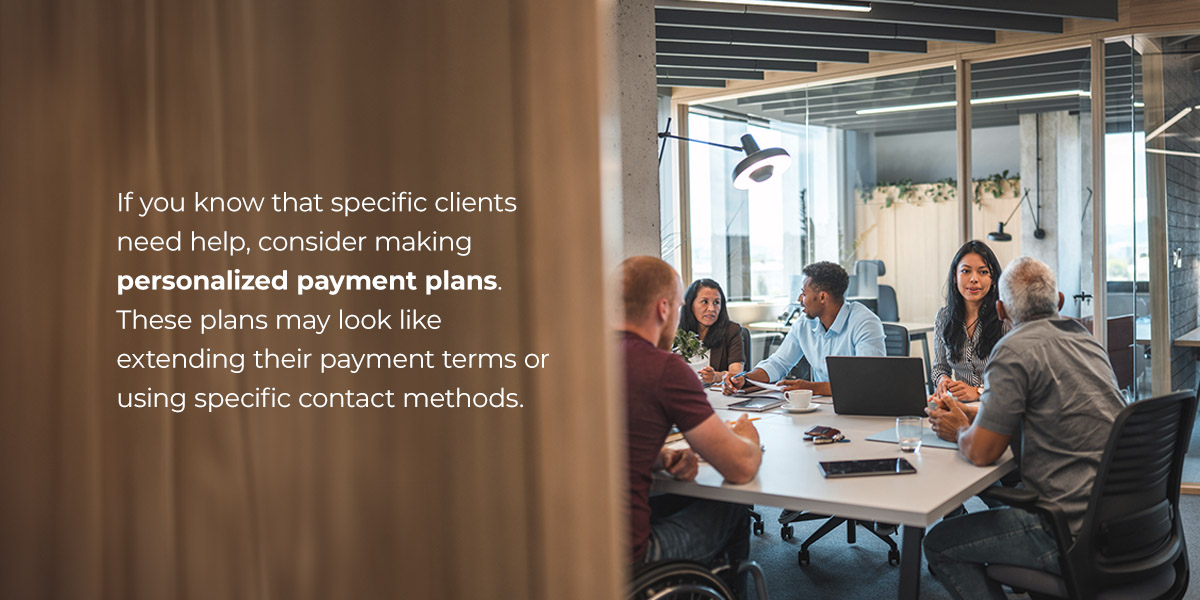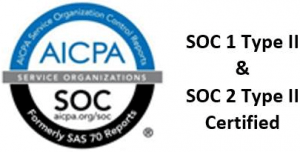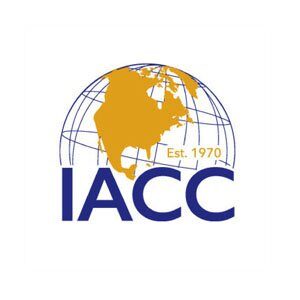Debt collection is a critical part of running a business. Many businesses run on credit, so they need a strategy to collect customer payments. In most cases, the debt collection process is clear to the customer from the onset of the agreement. However, that doesn’t guarantee that every customer will pay on time.
Your business needs a strategy detailing the steps to collect debt to maintain a healthy cash flow. This process will help you to maximize recovery and stay on top of your accounts receivable. This article looks at various collection tips that make up a good debt collection process.
Why Do You Need a Collection Strategy?
Many businesses perform a service before they receive payment from clients. The model is common and may even be the one that you follow. When a client takes longer to pay, it can destabilize your cash flow and make it harder for you to pay your expenses.
When you have a debt collection strategy, you can minimize the frequency of late payments. This strategy makes it easier for you to collect payments. When your clients know your debt collection methods, it also makes it easier for them to pay you on time. To maintain a healthy cash flow, you should regularly evaluate your strategy and ensure your methods are still effective.
An effective debt collection strategy helps you maintain a healthy cash flow and increase your customer satisfaction. Let’s look at a few debt collection techniques you can use.
Debt Collection Strategies
Debt collection can be tedious for some businesses. The longer you avoid it, the more costly it becomes and the harder it is to collect customer payments. These collection tips can help you to create an effective collection process.
1. Prevent Bad Debts
One of the best ways to prevent bad debt is to check customers’ credit before doing business with them. Incorporate a robust credit check in your client onboarding process. Make it easier for your clients to provide their information by including the credit check in your accounts receivable software. They can add their details as they apply for credit terms.
Run a credit check to determine whether they have any delinquencies with other businesses. A sound credit check will help you spot any red flags and prevent you from doing business with clients who may not pay their debt.
2. Prioritize Accounts
Before making your collection calls, prioritize which clients you will call. You should identify the oldest accounts and how much is overdue on each invoice. When businesses fail to prioritize which accounts to call first, they end up calling all clients — even those who pay regularly and on time. To avoid frustrating customers in good standing, you must clearly understand which accounts are overdue.
You can leverage artificial intelligence (AI) in your accounts receivable software to identify which clients are late on payments. AI can flag high-risk clients and help you track your collections.
3. Make Payments Easy for Clients
Your invoices should indicate the different payment methods available to your clients. Digital invoices can include a clickable link sending clients to the payment method. Sometimes, clients can pay but put it off because the payment process is too complicated. Offering several payment options is a way that businesses can overcome this. Companies can use several platforms to accept payments.
Making the payment terms clear from the beginning of your contract can ensure your clients understand the agreement. Include the payment terms in your initial contract. If your client has concerns, they can raise them from the beginning. Failing to include the terms from the beginning makes it more difficult to enforce them later when you need to collect payment. For clarity, be sure to include the following information:
- Goods or services for which you are receiving payment
- Payment methods
- Due date of payment
- Definition of late payments
- Consequences of late payment
4. Keep Detailed Records
When pursuing client payments, keeping records along the way is essential. You’ll need to track each collection attempt. To make it easier, note the following steps:
- Payment reminders: Keep your initial payment reminders professional. It’s possible that your client forgot the payment was due. You can send them an email as a reminder to make their payment.
- Past due notice: If your client still hasn’t made payment after your friendly reminder, you can send them a polite past due notice asking them to make payment as soon as possible.
- Final notice: This communication should be firmer than the initial two, including the amount owed and a specific payment date.
- Direct customer contact: If the account is still outstanding after your reminder and notices, making direct contact in person or via an initial debt collection call may help resolve the payment. You can also confirm the client’s contact details, which could be why you haven’t received payment yet.
- Letter of demand: Sending this letter is a firm and direct way to collect payment from a client and request them to make immediate payment. Businesses send a letter of demand via certified mail to confirm that the client has received it — you will also have a copy in your records.
5. Find a Way to Handle Late Clients
Having late clients is inevitable. To maintain your cash flow and ensure that you collect your debts, create an effective strategy to help you handle your late clients. If you know that specific clients need help, consider making personalized payment plans. These plans may look like extending their payment terms or using specific contact methods. For example, if your client is more responsive to phone calls, your accounts receivable team can use this method to remind them to make payments.
6. Centralize Debt Collection
If your business has several clients, centralizing your debt collection and having all client information in one place can help you be more organized. Using a centralized system will help your debt collection team to do the following:
- Retrieve automated details
- Send alerts and reminders
- Receive notifications when a clients account needs attention
- Find and view accounts receivables information more easily
- Improve your recovery rate and successful collections
Implementing a centralized system can be costly and take time to integrate into your business. Once you have this system in place, it makes it easier for your team to handle accounts receivable and minimizes the likelihood of bad debt.
7. Be Empathetic Yet Professional
Maintaining a good relationship with your customers is essential, even when they are late on payments. Sometimes clients experience unexpected circumstances that cause them to fall behind on payments. There are several valid reasons why a customer may be late on their payment. When following up on late payments, be empathetic but keep your communication professional. Showing empathy may look like coming up with a payment plan to help your client settle their account in a way that works with their current financial circumstances.
Some clients may even be harsh on the phone, but you must keep a level head. Your communication aims to find a solution to the issue. When dealing with clients who are late on payments, take the following into account:
- Stay calm
- Don’t take it personally
- Be direct and focus on finding a solution
8. Know When to Hire a Professional Debt Collector
Sometimes the best way to collect debt is to hire a debt collection agency. When you lack the capacity to follow up on overdue accounts or struggle with specific clients, a collection agency can help to recover your debt. Find a reputable debt collection agency to collect the payment on your behalf. In most cases, you’ll pay the agency a contingency fee, which means the agency receives payment after collecting the debt.
Working with a reliable debt collector has several benefits for your business — with the expertise of a professional collection agency, your clients are more likely to make payments.
At Altus, we use legal practices to collect commercial debts on our clients’ behalf. Our high success rates ensure clients receive the payments they deserve. We can help you maximize your recoveries while maintaining your client relationships.
Improve Your Recovery Rates With Altus
It’s essential to have processes in place to collect your debts — without debt collection processes, you risk creating gaps in your cash flow. A sound strategy will ensure you receive clients’ payments on time and enhance your customer relationship. Sometimes, businesses lack the resources to collect and track their accounts receivable successfully.
At Altus, we have the expertise and technologies to help you maintain your accounts receivable, yielding higher and faster returns on bad debts. We are a reputable and fully licensed debt collection agency that can collect your debt no matter where your debtor is. If you need help managing your debt collections, speak to our team of experts today!







